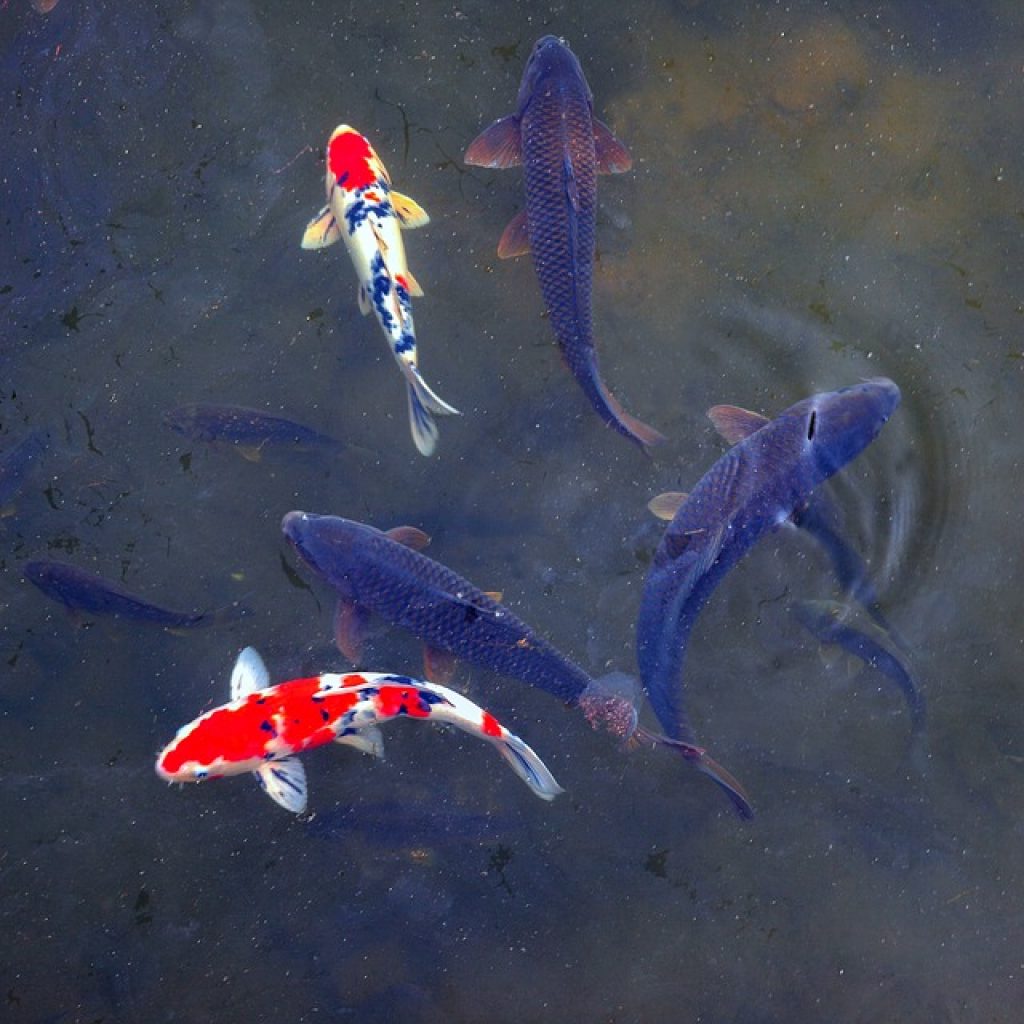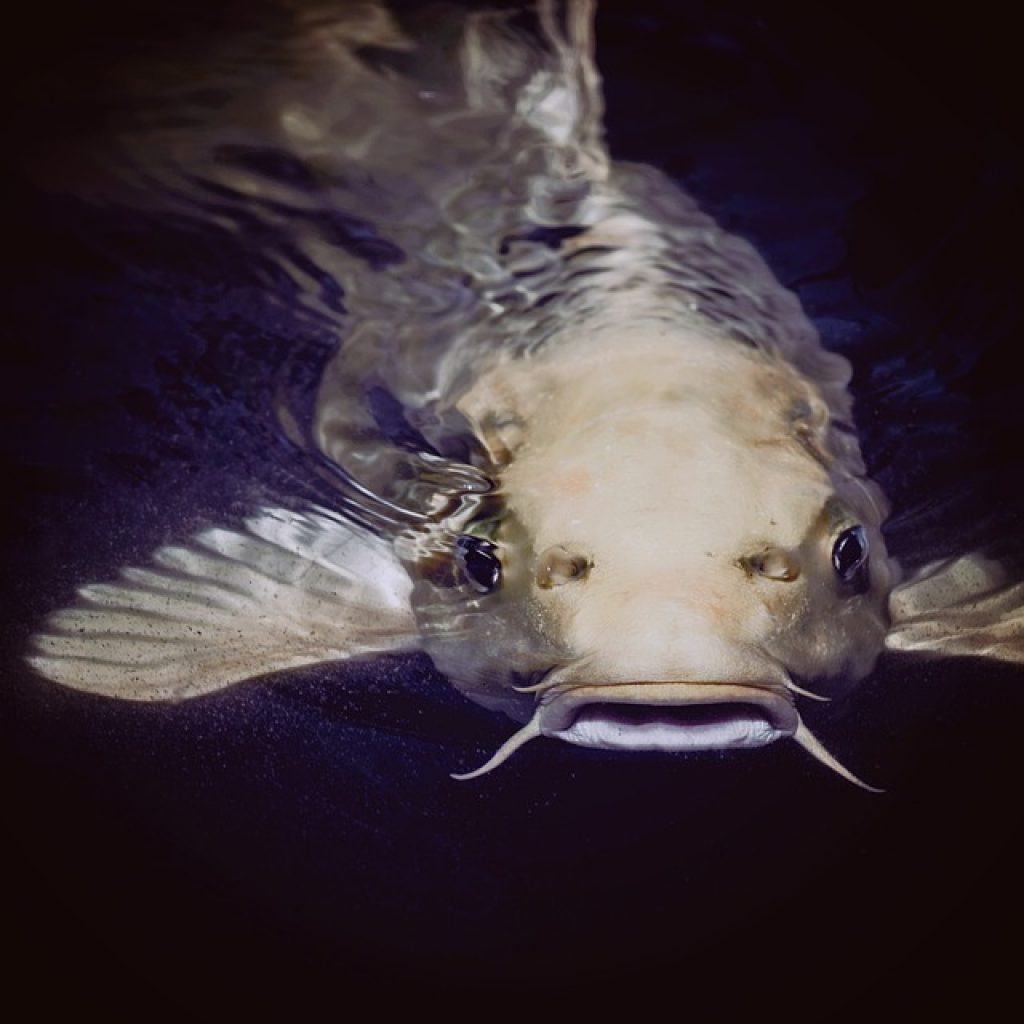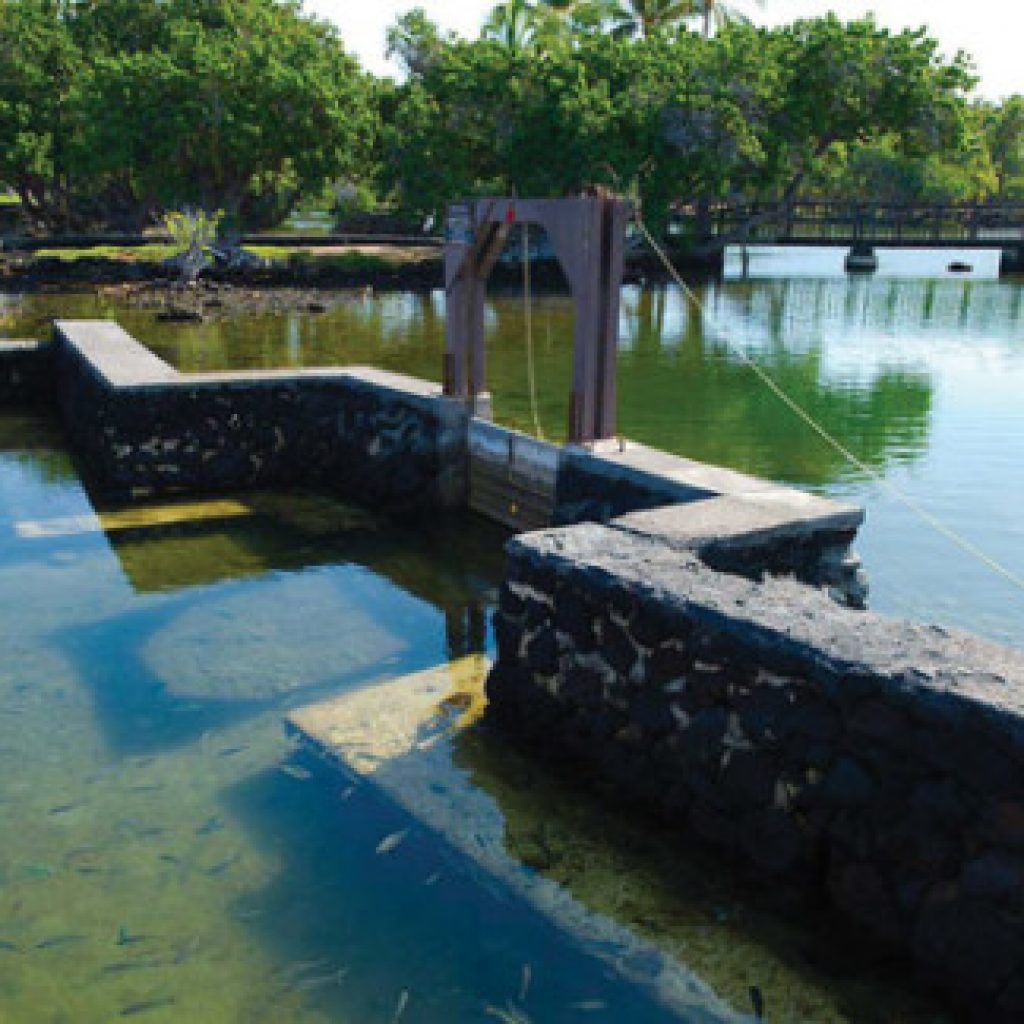
- Get a Good Location for Your Fish farming Business.
You need to first decide whether you’re starting your fish business on a small scale or you’re going big. If you’re starting a small scale fish farm, you may decide to start at your backyard with tank but if you’re going big, you may need to buy or rent one or few fish ponds (earthen or concrete ponds) outside your home.
- Get a Good Source of Water for Your Fish
How important is water to a fish? Just as oxygen is important to you. Take a fish out of water and it becomes helpless and dying. Put it in a bad water and you`re affecting its growth and productivity (though “bad” water varies, depending on the kind of fish we are talking about. Some fish live in rough water while others cannot).
Also note that what we humans consider a “Good Water” is not what fishes consider good water. If however you’re starting fish farming in Nigeria as a big business venture, then, you’ll need a strong well or bore hole and water storage tank.
- Choose The Right Housing For Your Fish.
I compared water with oxygen in my above analogy. Here I’m talking about housing your fish. Just like you, your fish needs a comfortable place to live. The more natural and comfortable the fish pond is, the better for them.
There are two popular fish housing system… backyard plastic tank or pond.
Plastic tank may be good for you if you’re just starting fish farming in Nigeria (especially on a small scale). This small scale medium will help you to be familiar with the nature of the fishery business, before you’ll extend your market reach.
Fish pond sizes are also different. Fish ponds are of various sizes and their cost is vary, depending on your environment and need.
- Decide The Right Species of Fish to Farm
As briefly stated before, there are hundreds (if not thousands) of species in the fish family. This means you have to decide which species to choose as you’re starting your own fish farming business in Nigeria.
There are so many funny fishes like; Hypsurus caryi, Heterostichus rostratus, Hermosilla azurea, Halichoeres semicinctus, Gymnocorymbus ternetzi, Ginglymostoma cirratum, Galeocerdo cuvier, Embiotoca jacksoni, Echeneis naucrates, Ctenopoma acutirostre, Chromis viridis etc.
However, you’re likely to be fine with catfish (or Tilapia, in a rare occasion) and getting Clarias gariepinus, Heterobranchus bidorsalis, Clarias X Heterobranchus hybrid (Heteroclarias) and Clarias nigro-digitatus or Heterobranchus could be alright
- Get Healthy Juveniles
Juveniles are the little fishes you’ll need to grow to table-size. Ordinarily we have what we call Fry, which is the development stage of fish immediately after the larvae stage, at an age of less than a week.
We also have what we call Fingerling which is the development stage of fish following the fry stage and continuing into the first three to four months of life.
We as well have yearling which is the development stage of fish following the fingerling stage and lasting until approximately one year of age.
The development stage of a fish after fingerling is what we refer to as juvenile.
The best practice if you’re just starting a fish farm in Nigeria is to buy juveniles as this will save you from the headaches of much mortality you may experience from fingerlings. The most commonly seen catfish species in Nigeria are; Clarias gariepinus, Heterobranchus bidorsalis, Clarias X Heterobranchus hybrid (Heteroclarias) and Clarias nigro-digitatus. Heterobranchus
Just as if everything else must be prepared before the fish itself, yes. There are fish farmers that specialize in hatching fingerlings and selling juveniles. Make sure you go for a reputable fish hatchery so as to avoid getting unhealthy juvenile. You know what it means to adopt a sickly child, don’t you? Don’t buy unhealthy juveniles.

- Choose The Right Fish Feeds.
Plants are able to utilize sunlight and simple nutrients to produce new organic material through photosynthesis. Animal (i.e. fish) cannot do this. That’s why animals need to feed on organic materials such as plants, other animals, or prepared food that contains plants or/and animals.
When feeding fishes both quality and quantity has to be taken care of. Feed them well and with quality fish feed.
There are three means of food for your fish.
Natural fish feed: This is found naturally in the pond. This include; detritus, bacteria, plankton, worms, insects, snails, aquatic plants and fish (yes, fish eat fish if they`re hungry).
Supplementary fish feed: This usually include cheap materials locally available such as terrestrial plants, kitchen wastes or agricultural by-products. Supplementary feed may be good, but they are not for serious fish farmer (except if he includes the other types of feeds). Many people who are into fish farming in Nigeria are using supplementary feeds. some to their profit, others to their loss.
Complete feed: This is a carefully made fish feed. They`re usually of good ingredient and nutrients, made by the experts who understand the perfect formula for the fish at a different stage.
- Start Marketing Your Fishes Before They Are Grown Up.
So many people who are starting fish farming business in Nigeria are making the mistake of thinking that the market is readily there. It’s not true. You have to start marketing your fish, even before they are grown up.
- Be Business Minded
Too many potential fish farmers think “It’s just about feeding the fish and selling them”. They are wrong ! Fish farming is a business and if you want to succeed in this venture in Nigeria, you must approach it as a serious business. That’s the reason why we make sure that our fish farming training is two-in-one.
- Think about a Mentor and Fish Farming Training
While this should be the first thing, I’m listing it last. Usually the difference between success and failure in any business is knowledge.
That’s why we are sharing this blog about acquiring business knowledge. As for you now, you have two kinds of knowledge you must go for: business knowledge as a whole. Yes, you have to be business-inclined to succeed in any given business. If you’re really serious about starting a profitable fish farming business in Nigeria, we can be of good help to you by giving you a practical, on-the-farm training in one of our associates’ fish farms in Nigeria.

Kegozgroup is one of the leading companies in fish production in Nigeria. We use the best techniques in aquaculture practice available in the world to produce quality fingerlings, juveniles and table size African cat fish.
We use innovative techniques involving careful selection, electronically monitored breeding through the use of artificial implant, Recirculatory Aquaculture System (RAS), floating and fat coated fish feed. Most of our customers are top-players in Nigeria cat-fish industry.
Richy
Hello.
Here is kegozgroup 7 tips on how to effectively manage your animal farm
1Sanitize
Keep animals’ pens at a fair or show as clean and dry as possible. Be sure to dispose of waste, used bedding and uneaten food regularly.
2Limit contact
Do not come into contact with or enter the pens or stalls of animals from other farms. If contact cannot be avoided, wash hands and disinfect clothing and shoes before returning to your own animals.
Do not allow your animals to come into contact with animals from other farms and avoid sharing equipment with other exhibitors. Limiting contact between animals, exhibitors and equipment from different farms reduce the risk of contamination.
3Feed and water
Provide clean water and feed to animals through the show or fair. Do not make changes to the feed or water type or sources during an exhibition. Also, keep unused feed, foraging and equipment covered to avoid contamination.
4Avoid interspecies-contact
House and transport animals according to their species. Goats or sheep and cattle, in particular, should not be transported or housed together because of disease risks.
If possible, also limit traffic between exhibitors of different species or wash hands and change clothing before handling a different species.
5Disinfect
Do not use the same equipment for animals at an exhibition and animals at the farm. Disinfect all equipment before bringing it back to the farm. This helps to protect animals that remain at the farm from contamination from the show.
6Dispose
Dispose of any leftover bedding, feed and forages after the exhibition either at the show or at an appropriate site off the farm.
7Isolate
After returning home from a show or fair, animals should be isolated from the rest of the herd for two-four weeks to avoid contamination. Monitor these animals for any signs of disease.
Even animals that do not appear to be ill right away can spread disease. Feed or care for animals who did not attend a show or fair before caring for animals who returned from a show or fair.